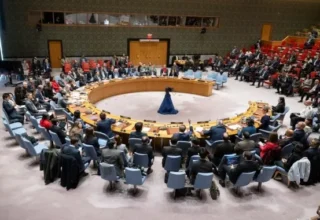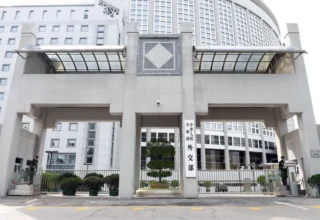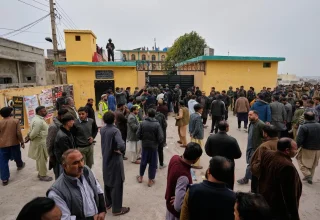
More than half of the medicines available in Pakistan, including life-saving drugs, are expected to become more expensive in the coming weeks, as the government prepares for an annual price adjustment under the Drug Pricing Policy.
According to official sources, the Drug Regulatory Authority of Pakistan (DRAP) has started receiving price hike applications from several pharmaceutical companies. Under the current Drug Pricing Policy, the prices of medicines under government control will be increased in line with the annual inflation rate.
This year, the inflation rate has been recorded at 4.49%, and the price increase could reach up to 70% of that rate, meaning essential medicines may see a rise of around 3.14%, officials confirmed.
Life-saving medicines to see 3%+ hike
The hike includes essential and life-saving medicines, with DRAP CEO Obaidullah clarifying that while the price adjustment is modest, it is proportionate to the inflation rate as determined by the Statistics Division.
“The prices of medicines are not being increased significantly. The adjustment is based solely on the inflation rate calculated by the Bureau of Statistics,” said Obaidullah.
PM forms special committee for hardship cases
To address exceptional “hardship cases,” the prime minister has formed an inter-ministerial committee comprising Finance Minister Muhammad Aurangzeb and Federal Health Minister Mustafa Kamal.
Health Minister Mustafa Kamal stated that the committee will submit its recommendations to the PM within two weeks regarding specific cases where price hikes may be necessary beyond the general increase.
“The committee will review applications under hardship cases and recommend price adjustments accordingly,” he said, adding that the final decision will be made by the prime minister.
Price hike expected by Aug or Sept
The annual medicine price adjustment is expected in August or September, following the review of applications and final approval from the government.
Officials assure that while the hike may impact a wide range of drugs, it is a regulated process aimed at maintaining pharmaceutical viability without placing undue burden on patients.











































